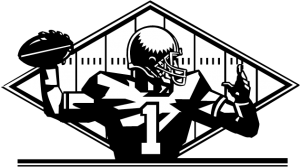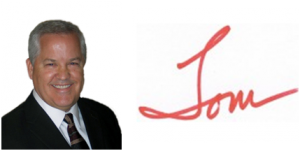 In the never ending quest to define, explain and sell competitive intelligence, we sometimes resort to analogy. When the analogy is a familiar one, maybe our listeners will grasp that key fact that we have thus far struggled to express.
In the never ending quest to define, explain and sell competitive intelligence, we sometimes resort to analogy. When the analogy is a familiar one, maybe our listeners will grasp that key fact that we have thus far struggled to express.
One example that we often use is armed conflict between nations. Wars are the ultimate human competition because the stakes are so high for many people. The problem with using it as analogy for business competitive intelligence is that the rules are clearly different. Ethics in business and war are not the same. Nations may justify actions during war time that an anathema to peace time life.
Another example that we can use is sports. The attractiveness of the sports analogy is that a “lifetime” is played out in plain view each season. All teams start with similar resources and the same record. Pitted against each other in a series of contests, the stronger teams emerge to contend for the title. There, superior systems collide to determine which will prevail. Nice and neat. Then it happens all over again.
Of course, business contests are not all that neat. Plus they usually occur with multiple, simultaneous competitors. The beginning and endings are not so clear cut. And, it is entirely possible that there will be more than one winner.
Okay, despite the caveats, there are good and bad lessons to be learned from American professional football.
Read the rest of this entry

 It happens in an instant. The question is asked and now time seems to stand still. Your breathing becomes shallow, your muscles tense and a dozen thoughts go through your mind. What is the right answer? You need the right answer! Now!
It happens in an instant. The question is asked and now time seems to stand still. Your breathing becomes shallow, your muscles tense and a dozen thoughts go through your mind. What is the right answer? You need the right answer! Now!